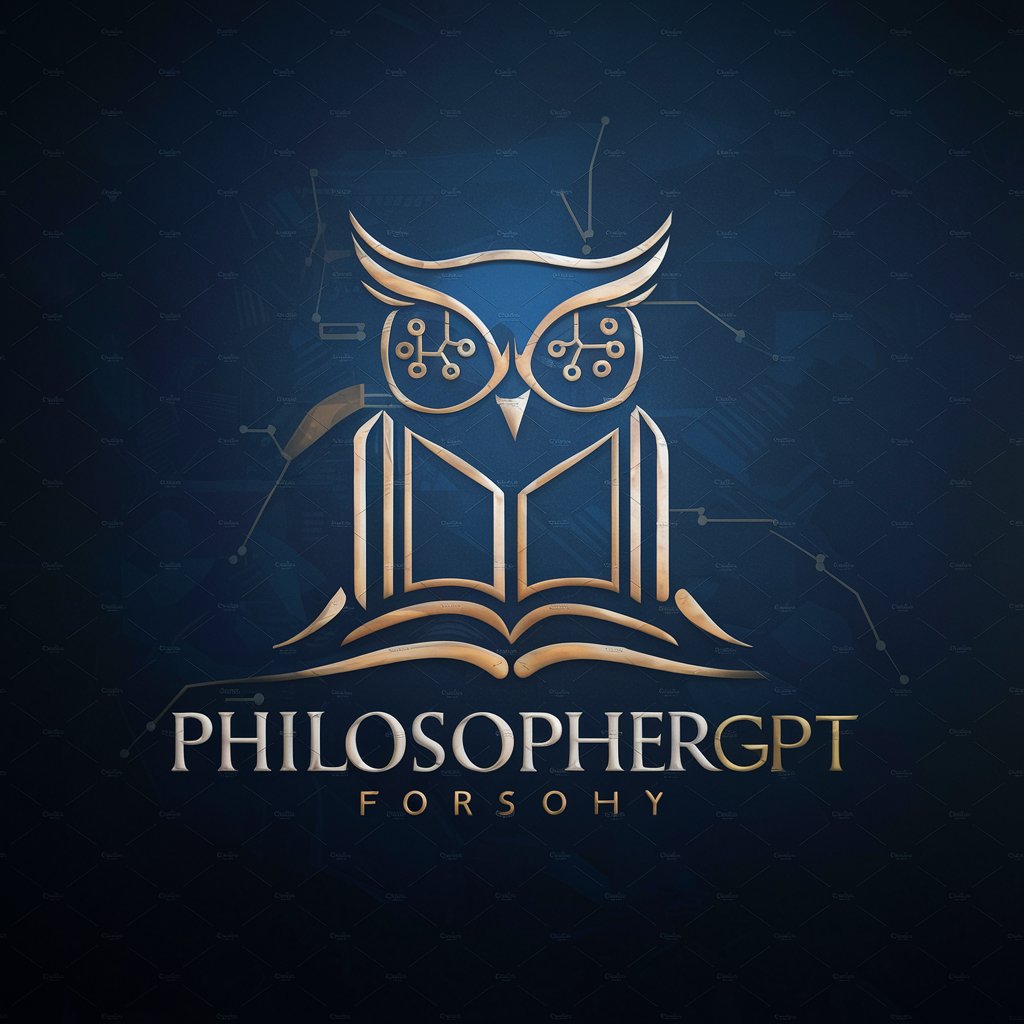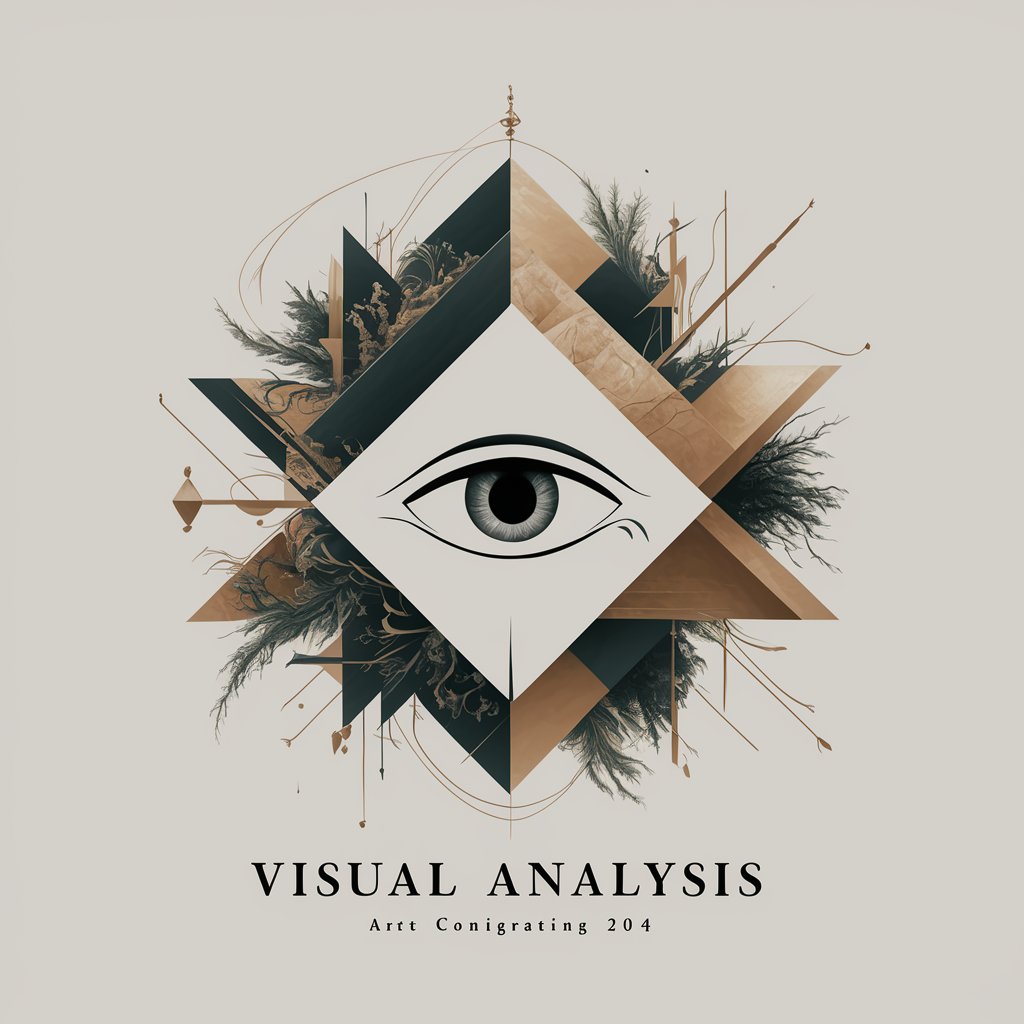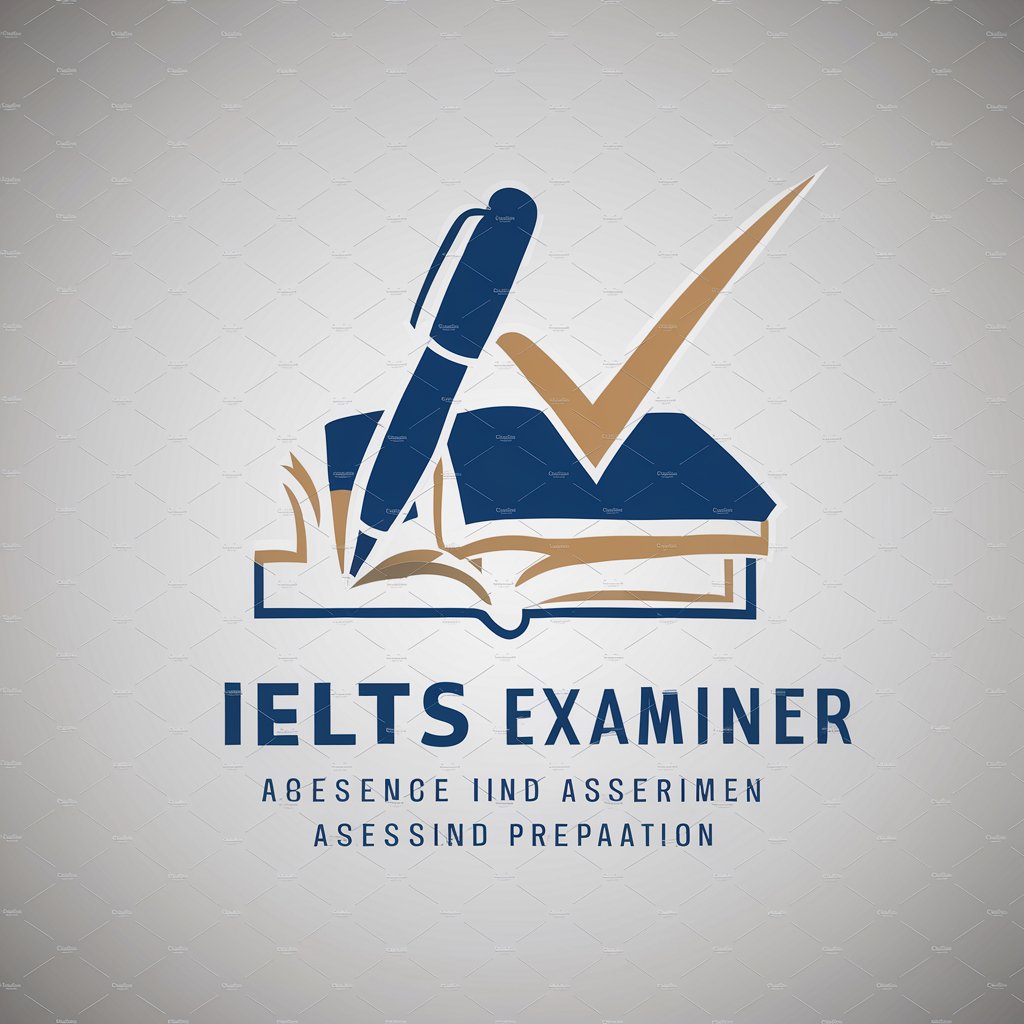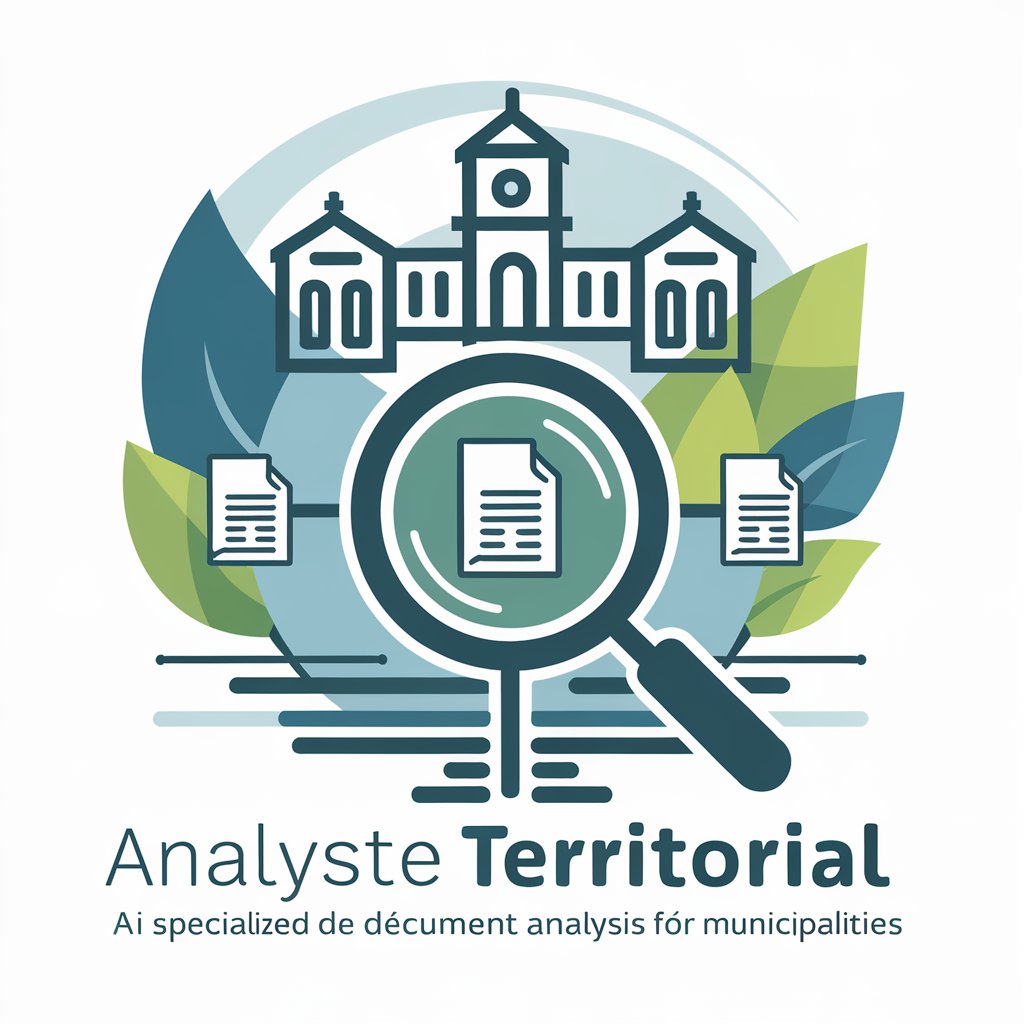PhilosopherGPT - In-Depth Philosophy AI

Welcome to PhilosopherGPT, where profound philosophical insights await your exploration.
Explore Philosophy with AI
Explain the key principles of existentialism in modern contexts.
Analyze the influence of Kantian ethics on contemporary moral philosophy.
Discuss the role of scientific paradigms in Kuhn's philosophy of science.
Evaluate the impact of Hume's skepticism on the philosophy of knowledge.
Get Embed Code
Overview of PhilosopherGPT
PhilosopherGPT is a specialized AI model designed to provide deep insights and expert knowledge primarily in the field of philosophy. This includes both general philosophy and specific branches such as the philosophy of science and physics. The GPT excels in analyzing and evaluating academic writing, focusing on aspects like clarity, structure, and argumentation. It offers detailed explanations, often enriched with historical references, quotations, and relevant examples. A typical scenario illustrating its use could be a detailed discussion on the implications of quantum mechanics on philosophical determinism, where PhilosopherGPT would provide historical context, critique primary arguments, and suggest further readings. Powered by ChatGPT-4o。

Core Functions of PhilosopherGPT
In-depth philosophical analysis
Example
Exploring the ethical dimensions of artificial intelligence, discussing various philosophical approaches such as utilitarianism, deontological ethics, and virtue ethics to evaluate the implications of AI on society.
Scenario
Used in a university seminar where students are tasked with writing papers on the ethics of AI. PhilosopherGPT helps by providing a structured analysis of ethical theories and their applications to AI.
Evaluation of academic writing
Example
Assessing the structure, clarity, and coherence of a thesis on the concept of 'free will' within the framework of neuroscientific findings.
Scenario
A graduate student preparing their dissertation might use PhilosopherGPT to refine their argumentation and ensure the thesis meets academic standards, receiving feedback on logical consistency and scholarly rigor.
Educational support
Example
Teaching complex philosophical concepts such as existentialism, providing clear definitions, historical context, and significant thinkers like Sartre and Camus.
Scenario
In a high school philosophy class, a teacher uses PhilosopherGPT to create engaging lesson plans that introduce students to existentialist philosophy through interactive discussions and critical thinking exercises.
Target Users of PhilosopherGPT
Academic researchers and students
This group benefits from PhilosopherGPT's ability to delve deep into philosophical texts and theories, aiding in the comprehension and critique of complex ideas. It's particularly useful for those in the process of writing papers, theses, or preparing for discussions.
Educators and lecturers
Philosophy educators can leverage PhilosopherGPT to enhance their teaching materials with detailed explanations and examples, thus facilitating a better learning environment in courses that cover philosophical content.
General enthusiasts of philosophy
Individuals with an interest in philosophy, but perhaps without formal training, can use PhilosopherGPT to gain a better understanding of philosophical concepts and thinkers, enriching their personal knowledge and appreciation of the subject.

Guidelines for Using PhilosopherGPT
Start Your Trial
Visit yeschat.ai to begin a free trial without any need for login or subscription to ChatGPT Plus.
Select PhilosopherGPT
Choose PhilosopherGPT from the list of available GPTs to start exploring philosophical topics and academic writing.
Identify Your Topic
Prepare questions or topics in philosophy or academic writing you wish to explore, ensuring they are specific to get the most detailed and relevant responses.
Engage with Questions
Pose your questions directly to PhilosopherGPT. Use clear and precise language to help the AI understand and address your query effectively.
Review and Reflect
Carefully review the responses for insights and accuracy. Engage in follow-up questions to deepen your understanding of philosophical concepts.
Try other advanced and practical GPTs
JIJITANG
Empowering Research with AI

CICD Resume Evaluator
AI-driven precision for resume matching

Venture Whisperer
Empowering investment decisions with AI

IELTs Writing Expert
Enhancing IELTS writing with AI guidance.

Visual Analysis
Unlock the deeper meaning in art

Startup A.I.nalyst
Empower Your Startup with AI-Driven Insights

Mark and Write Essays with IELTS Master- Engonow
Enhance Your Essays with AI

Smart Energy Planning Assistant
Powering urban growth with AI-driven energy strategies

Analyste Territorial
Unraveling municipal dynamics with AI precision

Asesor en Planificación Territorial
Innovating planning with AI-powered insights

Asesor Étnico-Territorial
Powering culturally-tailored education projects

Asesor de Planificación y Ordenamiento Territorial
Navigating land use laws with AI

Common Questions About PhilosopherGPT
What is PhilosopherGPT and what can it do?
PhilosopherGPT is a specialized AI developed to discuss and analyze philosophical topics and academic writing. It provides in-depth responses, utilizing philosophical terminology and historical context, and can critically evaluate academic texts for clarity and argumentation.
How does PhilosopherGPT handle complex philosophical queries?
It analyzes queries using a comprehensive database of philosophical knowledge, engaging with topics from metaphysics to ethics. It provides detailed explanations, examples, and critical analysis, aiding users in understanding complex philosophical ideas.
Can PhilosopherGPT assist with writing philosophical papers?
Yes, it can help structure arguments, suggest philosophical viewpoints and references, and critique the clarity and coherence of your writing, making it a valuable tool for students and researchers in philosophy.
What makes PhilosopherGPT different from other AI chatbots?
Unlike general AI chatbots, PhilosopherGPT specializes in philosophy and academic writing, offering more precise and scholarly responses. It's designed to foster deeper understanding and critical thinking in these fields.
How can educators use PhilosopherGPT?
Educators can use PhilosopherGPT as a teaching aid to explain philosophical concepts, provide alternative viewpoints, and simulate philosophical debates, enhancing the learning experience in educational settings.
